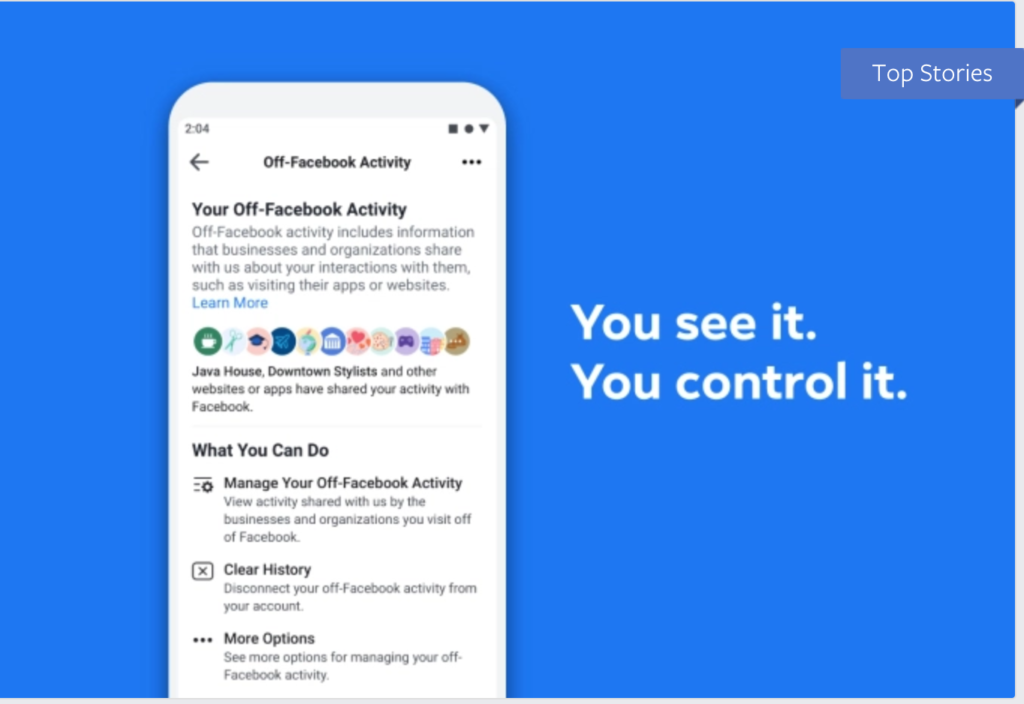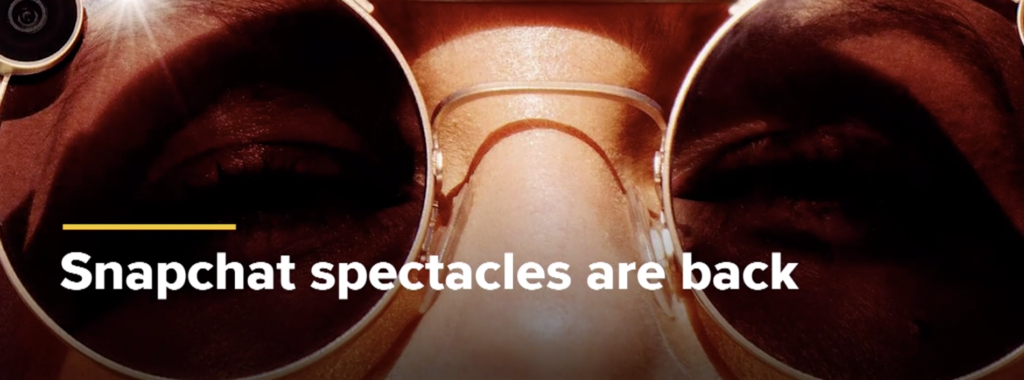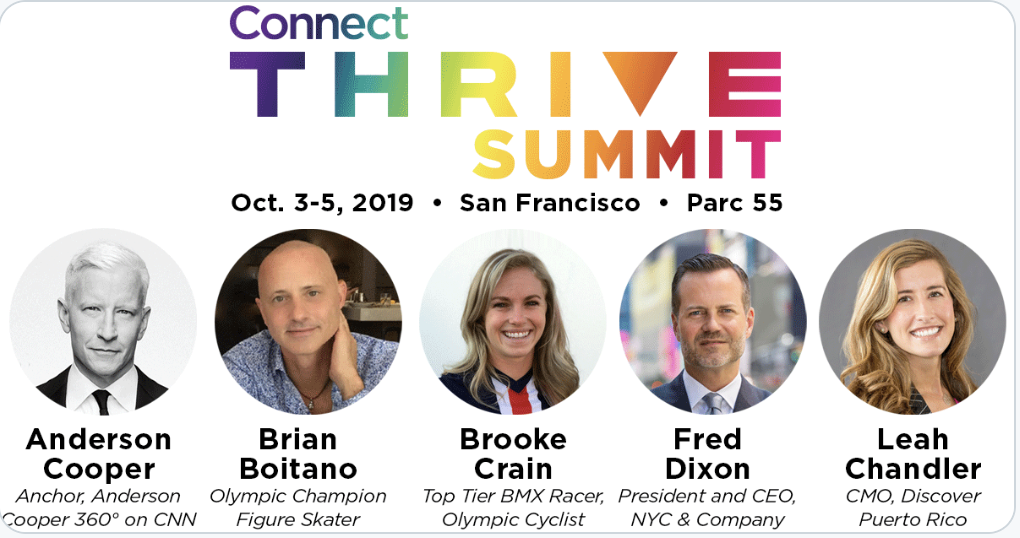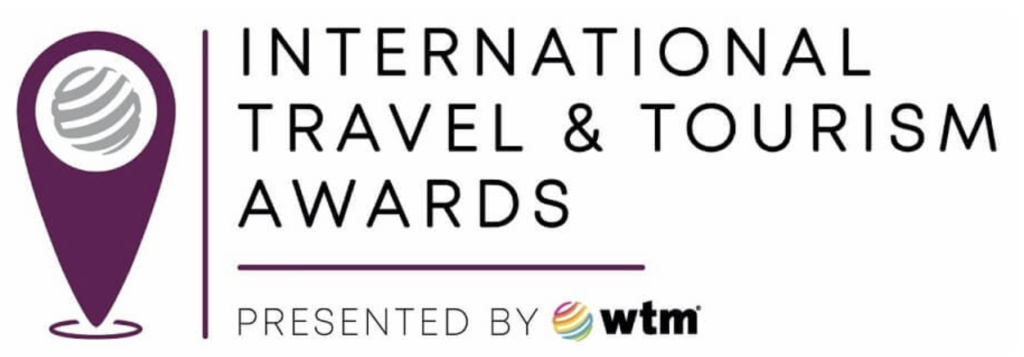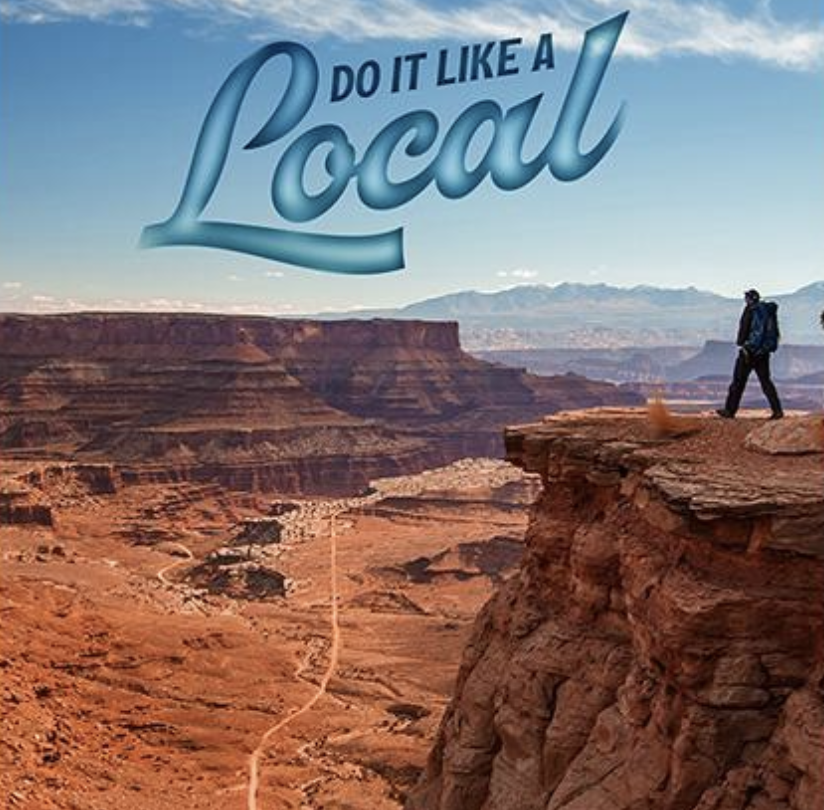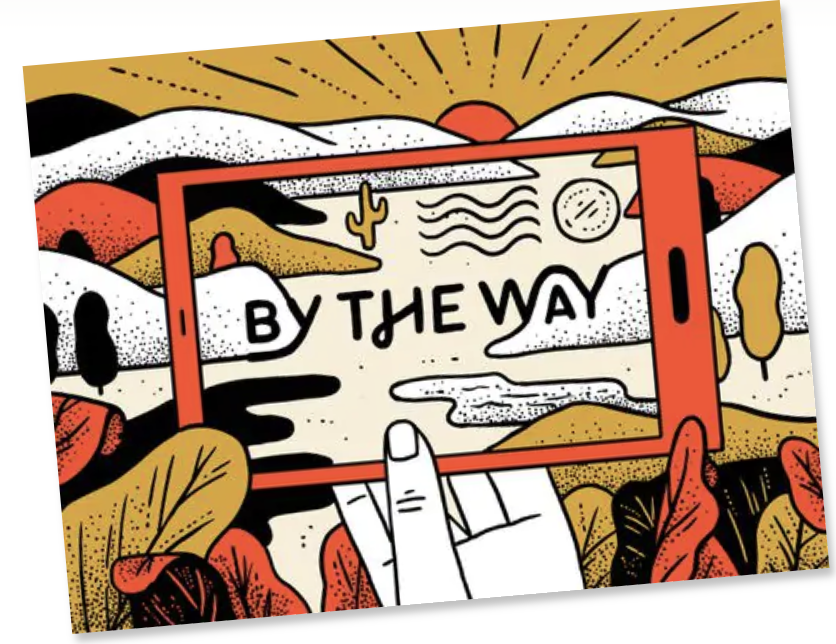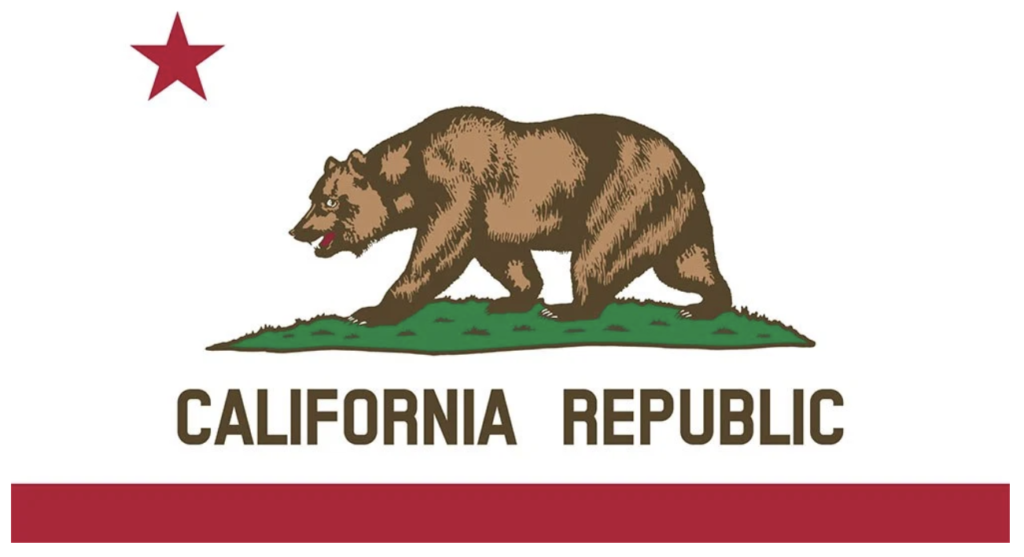
California is the world’s fifth-largest economy, so it makes sense to keep on eye on actions coming out of Sacramento. (Although a survey says 44% are falling behind in doing so.) Two significant upcoming changes for DMOs everywhere to know about:
I. New California Consumer Privacy Act (A.B. 375 or CCPA)
What: By far the strongest privacy legislation enacted in any state, the new law enhances privacy rights and consumer protection in regard to private data for the nearly 40 million residents of California.
There’s wide speculation that other state legislatures will follow suit and adopt a similar law in their own states.
Tell Me More: Among other provisions, the law states that:
- Californians have the right to request that a business that collects a consumer’s personal information disclose what categories and specific pieces of personal information the business has collected;
- Californians have the right to request that a business delete any personal information about the consumer;
- Californians have the right to direct a business not to sell the consumer’s personal information, which is referred to as the right to opt out; and
- Californians can bring a private right of action against a company if there is an unauthorized breach of non-redacted or non-encrypted personal information.
Explain: The definition of “personal information” goes well beyond existing data breach notification law in the U.S. It includes a consumer’s personal identifiers, geolocation, biometric data, internet browsing history, psychometric data, and inferences a company might make about the consumer. It is “information that identifies, relates to, describes, is capable of being associated with, or could reasonably be linked, directly or indirectly, with a particular consumer or household.”

Why Does it Matter? Apologies aren’t enough. “Companies that generate revenue from targeted advertising over internet platforms—such as Facebook, Twitter, and Google—must, as the law is currently written, allow California residents to delete their data…” writes the Harvard Business Review. Companies that deal with consumer data have two options, the author suggests. “Either reform their global data protection and data rights infrastructures to comply with California’s law or institute a patchwork data regime in which Californians are treated one way and everyone else another.” The first option demonstrates why the new state ruling has nationwide implications.

Who? The law applies to for-profit businesses that do business in California and either:
- Have annual gross revenue of $25 million or more;
- Collect, sell or share for commercial purposes the personal information of at least 50,000 consumers, households or devices; or
- Derive at least 50% of annual revenues from selling consumers’ personal information.
- The law also applies to affiliated, co-branded entities of businesses that meet the above criteria, even if the affiliate doesn’t do business in California.
When: Effective Jan. 1, 2020.
II. Assembly Bill 5
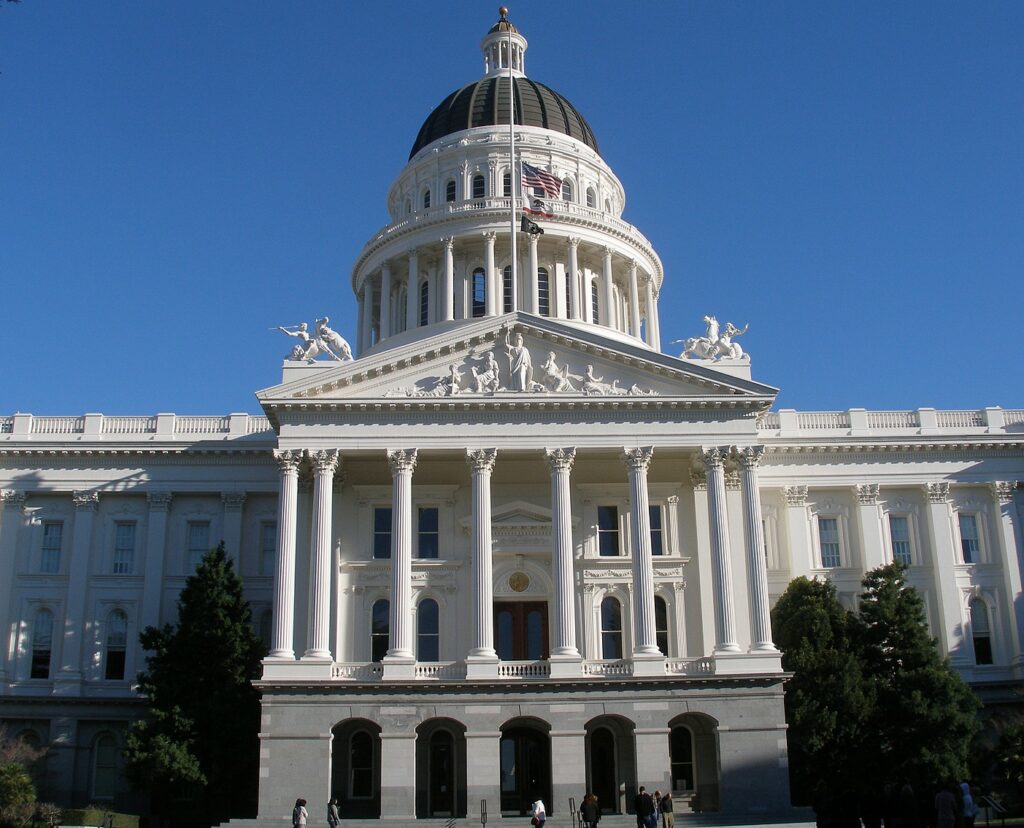
What: Passed overwhelmingly by the California house and senate, AB5 now heads for Gov. Gavin Newsom’s desk, who has already voiced his support.
California’s new employment bill expands the definition of an employee to include anyone whose work is not “outside the usual course of the hiring entity’s business.” After losing in its fight against the bill, Uber responded with an argument that its drivers are outside the course of its business, calling itself a technology platform, not a ride-providing company.
Why Does It Matter? The bill makes it harder for gig economy companies to prove workers aren’t staff. It has the potential to change employment status for California’s army of 1.5 million freelance workers. Trucking firms, media publishers, cleaning companies and software companies could all find it harder to legally define workers as independent contractors. (There are dozens of exemptions carved out including beauty estheticians and manicurists, lawyers, doctors, accountants, and real estate agents.)
And Beyond California? The landmark legislation is expected to have wide-reaching implications that resonate across the country, impacting businesses that depend on independent, on-demand labor. Observers indicate that other states could follow suit.
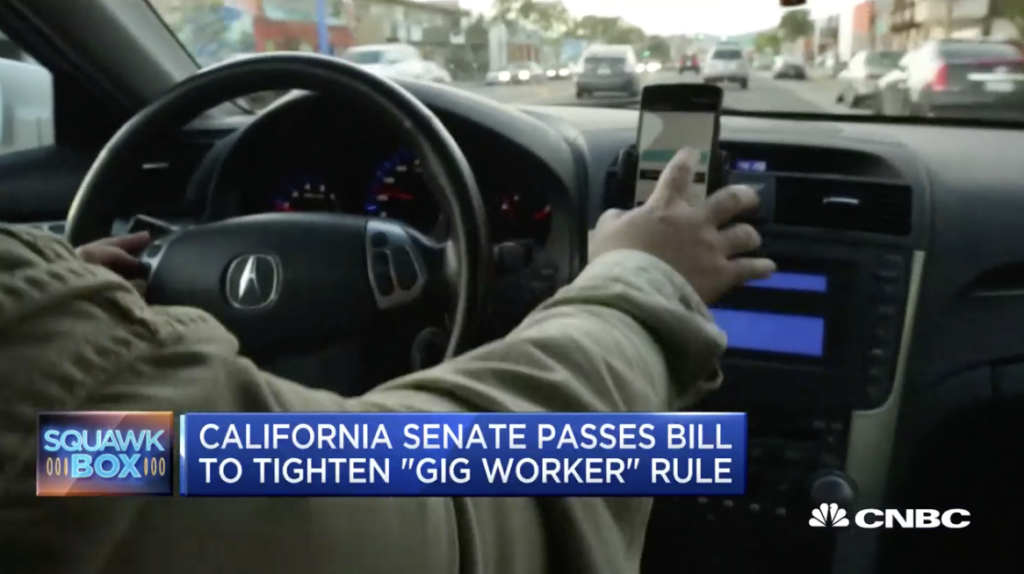
Death of the Gig Economy? Other cities and states are considering laws to protect rideshare drivers. Similar bills in Washington and Oregon did not pass but could see renewed momentum. New York City has already passed laws guaranteeing drivers minimum pay without re-classifying their status. Uber, Lyft, DoorDash, Postmates, Instacart and many more tech-based companies are estimated to lose 25% to 35% and will need a rework of their core business models, with costs likely be passed on to consumers.
What Prompted This? Across the U.S., many traditional businesses have shifted to independent contractors as a way to reduce labor costs. Sometimes they misclassify workers to avoid offering costly payroll taxes and benefits like health care, paid vacation and sick time, retirement plans. Contractors can’t apply for unemployment insurance; they aren’t required to be paid minimum wage or overtime; they cannot form a union, they don’t qualify for protection under the Fair Labor Standards Act, Americans with Disabilities Act, or the Civil Rights Act. “Now, for many—especially those working in the tech sector—that will all change,” writes USA Today.
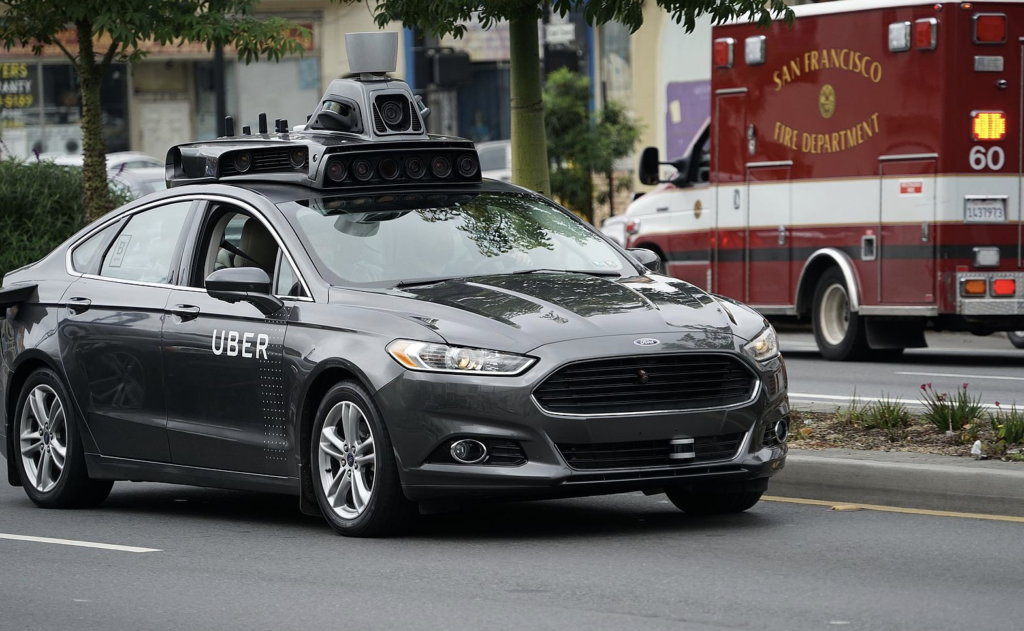
P.S. No wonder Uber Technology has been investing so heavily in self-driving cars. “The ride-hailing company reported $457 million in research and development expenses for its self-driving unit…that was up from $384 million in 2017 and $230 million in 2016,” Bloomberg News reported last spring.
When: Effective Jan. 1, 2020




























